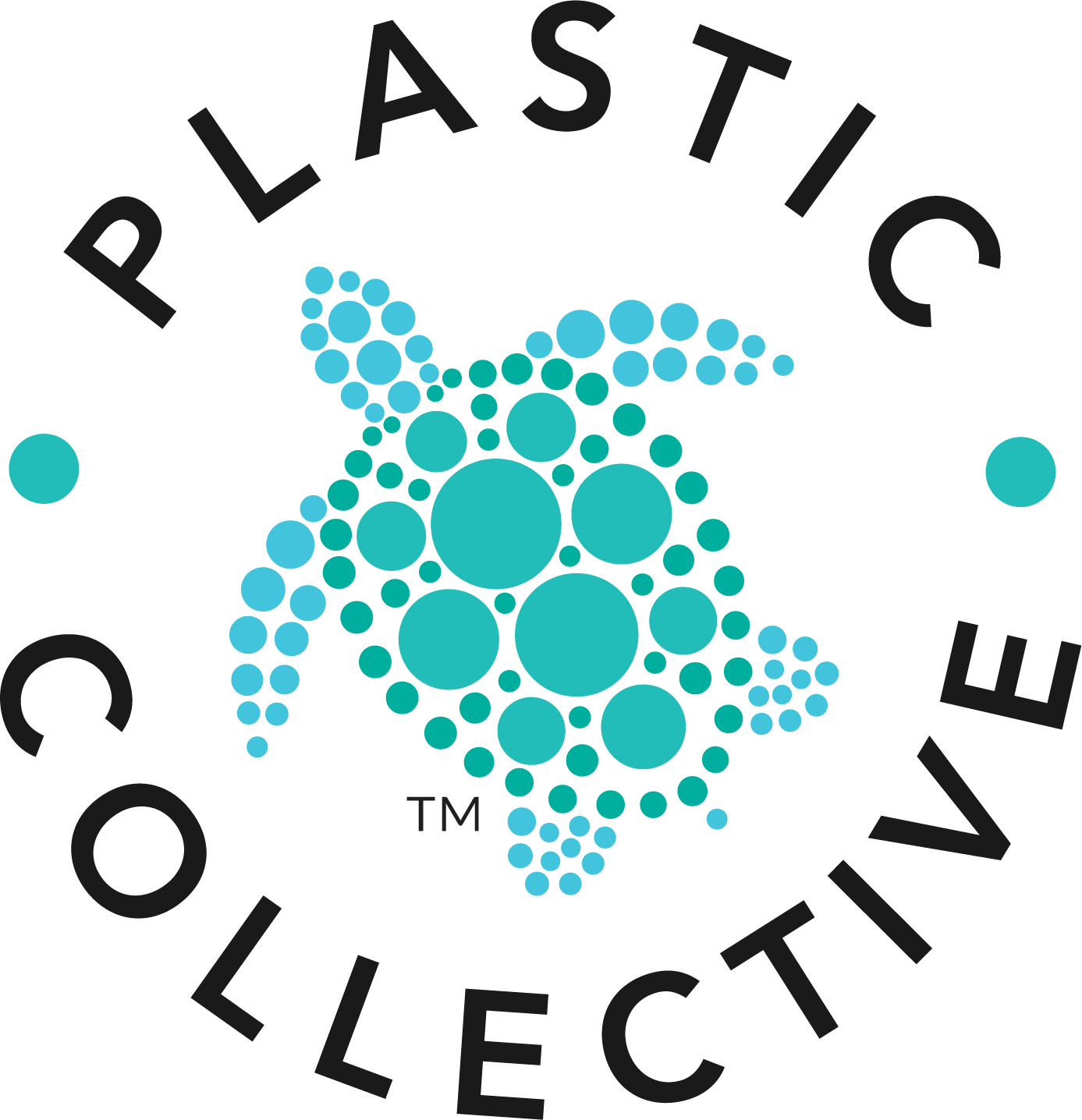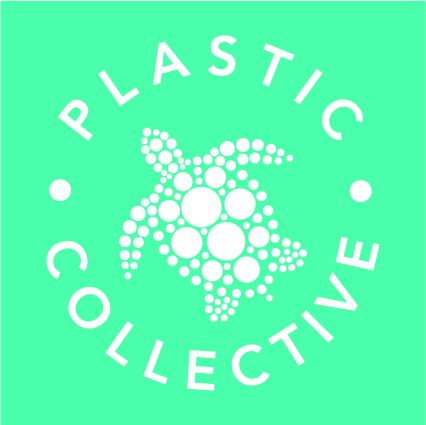Plastic Collective Joins UN Sea of Solutions 2021

Plastic Collective’s Steve Hardman recently joined the United Nations Environment Programme’s Sea of Solutions annual plastic waste conference organized in conjunction with COBSEA, to talk about Sustainable Financing for a Waste-free Future.
This session showcased different funding sources and mechanisms available to different stakeholders in South-East Asia with a focus on sustainable, inclusive, and transformative finance mechanisms. The session brought together perspectives from a range of organizations working with businesses, governments and communities to improve the marine environment and reduce plastic pollution.
Steve was able to draw upon Plastic Collective’s pioneering role in the development and utilization of the Verra Plastic Waste Reduction Standard and its plastic credit system to explain how plastic credits are becoming a sustainable financing mechanism for circular infrastructure required by plastic collection and recycling initiatives resulting in less plastic waste.
Steve also emphasized the critical role that corporates and their brands play in generating demand for plastic credits which fund plastic collection and recycling projects and what are best practices for brands using plastic credits in a transparent and substantiated manner, especially when it comes to making sustainability claims, commitments, public statements and storytelling.
Reducing Marine Plastic Pollution with Innovation & Action
Mobilizing investments is key in transforming markets and societies towards a waste-free future by boosting the economic value of waste materials and de-risking investment in circular innovation. Innovative financing calls for a combination of public and private mechanisms, from large-scale grants and loans by multilateral development banks, private sector incubators for innovative business models, plastic credit schemes to catalyze change, to microfinancing for community- based action.
Banks and multilaterals must be part of the solution. Financial institutions in the region are starting to look at environmental sources of risks while deciding which loans to approve. They are scrutinizing what clients are doing to ensure a higher level of accountability. Sustainability- linked bonds, a relatively new kind of instrument that carry no restrictions on how proceeds are used, are seen as useful for galvanizing green finance.
The concept of credits is now moving beyond emissions to one of the most pressing forms of pollution: plastic waste. While the idea of buying and selling plastic pollution credits is gaining traction, no harmonized standards, as instituted for carbon credits in the 1997 Kyoto Protocol, currently exist for these schemes. Nevertheless, plastic accounting for neutrality and credit schemes are evolving and taking shape very quickly: getting this right for all relevant stakeholders and achieving a harmonized approach will further support efforts to achieve circularity.
During this session, experts agreed on increasing the need to review and introduce financial mechanisms that will underpin the plastic credit market. Public-private partnerships and blended finance could help back circular economy innovation and reduce the risk for investors. Private backing of projects will increase viability and facilitate the adoption of plastic waste collection and recycling initiatives.
A lack of capital is a significant barrier to creating a profitable plastics recycling market in emerging economies. Projects that are smaller in scale, in remote locations such as smaller islands, further suffer from inadequate financing which prevents them from overcoming the ‘tyranny of distance’. These projects are often carried out in remote locations, and the logistics and transport costs involved in getting plastic waste to central recycling facilities in urban markets are proving too costly – especially during the recent pandemic. Companies and brands interested in purchasing credit offsets should consider providing upfront capital to better support rural and peri-urban waste management initiatives which can help various types of ecosystems and also reduce climate change in the longer term.
Biodiversity & The Plastic Value Chain
Initiatives to come up with new standards and guidelines for plastic credit schemes should also build on the lessons learnt from carbon offsets. It is crucial to prevent greenwashing. Companies should credibly and transparently quantify and report on their plastic footprints. Panelists at this session sounded a note of caution on solely relying on having new plastic credit schemes, arguing that this method could undermine national policies to come up with other complementary strong mitigation efforts. The speakers also cautioned that simply ‘piggybacking’ on existing carbon trading mechanisms may not be wise; the plastic credit schemes need to be closely looked at to ensure lessons learned from the experience gained from carbon credit schemes are taken on board to arrive at a plastic credit scheme that will benefit all stakeholders, including the informal sector. Having a social component on the scheme is crucial. Waste collectors and local communities should be paid and treated fairly. There is a need to reframe the narrative around plastic credits and make sure that people are at the center of the conversation.
You can read more about the Sea Circular Project and Sea of Solutions Conference outcomes here.
And find out how to become plastic neutral here, or subscribe to our blog for the latest news on how we can reduce the tons of plastic going to waste and ocean plastic waste overall for ocean or human health now and in future generations.

